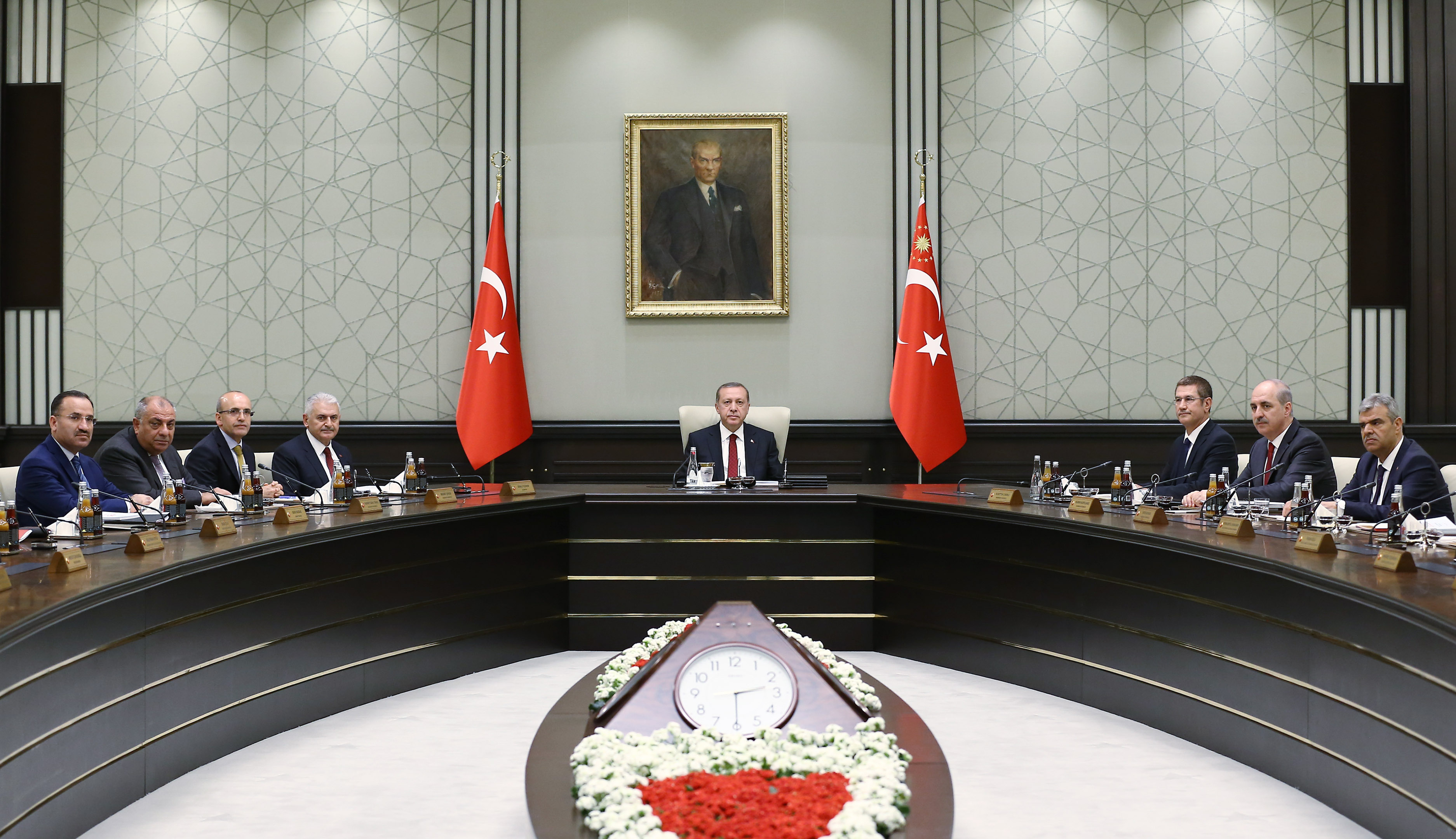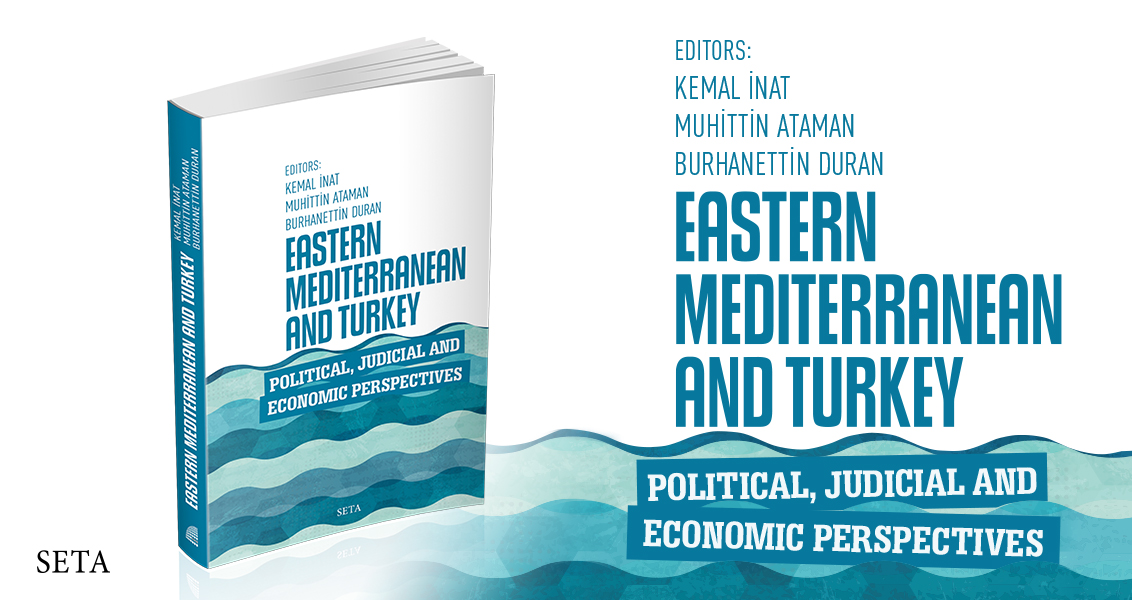
Economic Road Map of the New Cabinet
While Turkey's political agenda seems to be dominated by discussions on a potential transition to a presidential system, reinstitution of swift economic decision making will also constitute a key element of developmental dynamism
Share
The promise to realize political stability and economic growth simultaneously with the support of a wide social movement constituted the recipe for the Justice and Development Party's (AK Party) of electoral success over the past decade. Crucial steps were taken in socio-economic development thanks to massive public infrastructure investments, prudent financial governance, increasing inflow of foreign capital and expansion of the service sector. In view of strong domestic demand and the booming construction industry, the vagaries of the global economic crisis were seen off with minimal damage. Yet the lasting impact of the crisis on the world economy through stagnation and falling demand as well as deteriorating regional peace in the aftermath of the reversal of the Arab Spring created new limitations to Turkey's peculiar growth path.
There emerged a lively debate in 2013 concerning the prospects of a transition to a new development narrative based on high value-added manufacturing production and expansion of exports to replace the existing model based upon domestic consumption, import-led growth and service industries. However, relative political instability following the Gezi Park incidents and pursuing ups and downs of electoral competition did not allow for the realization of concrete steps required for a comprehensive strategic shift. Now that the 65th government under Prime Minister Binali Yıldırım has been formed, it is not surprising that the economic road map of the new government has again started to attract public attention. After all, this is the third government since June 2015, and main actors in politics, economy and society are eager to see some concrete action and comprehensive reforms rather than political rhetoric.
Yıldırım, the new prime minister, comes from a technocratic background that started in the ship construction industry, continued with managerial posts in the Istanbul Metropolitan Ministry and reached the Transport, Maritime Affairs and Communications Ministry. He excelled as a project man and oversaw the successful completion of massive infrastructure projects across the country, including highways, metro lines and air and sea ports, which explain his long tenure as the longest serving transport, maritime affairs and communications minister in Turkey's history. Now the expectation from his government is to act like "lightning" (his surname in English) in advancing major structural reforms long articulated in political strategy documents, but never initiated.
Chief among these will be legal reforms to improve the investment climate with special reference to high technology investments, improving industry-university links, providing a more entrepreneurial outlook to the higher education system, supporting public-private partnerships in research and development, fostering modernization in agriculture and biotechnology and improving links between finance and the real economy. The long list of structural reforms speaks to the need for effective governance, swift decision making and strong support for high value-added production sectors with export potential. Indeed, the makeup of the new Cabinet reflects a desire to balance financial stability with growth orientation in a production-driven, economic framework.While Turkey's political agenda seems to be dominated by discussions on a potential transition to a presidential system, reinstitution of swift economic decision making will also constitute a key element of developmental dynamism. After all, divergence of views between President Recep Tayyip Erdoğan and former Prime Minister Ahmet Davutoğlu on key economic policies has delayed top-level bureaucratic appointments over the course of recent months and cost valuable time in policy formulation and implementation. Now that we finally have a government keen on focusing on pro-growth policies that prioritize high value-added production, expansion of local technological capabilities and speeding up infrastructure projects, conditions might be ripe for the emergence of a new development narrative.
This narrative should rely on sectoral priorities in key areas of the knowledge economy such as nanotechnology, biotechnology, information and communications technologies, green energy and modern infrastructure development so as to be part of the global network in the fourth industrial revolution. Both Turkey's prospects as an emerging power and the AK Party's features as a performance-oriented political party necessitate a renewed developmental impetus.
[Daily Sabah, May 28, 2016]
Tags »
Related Articles







